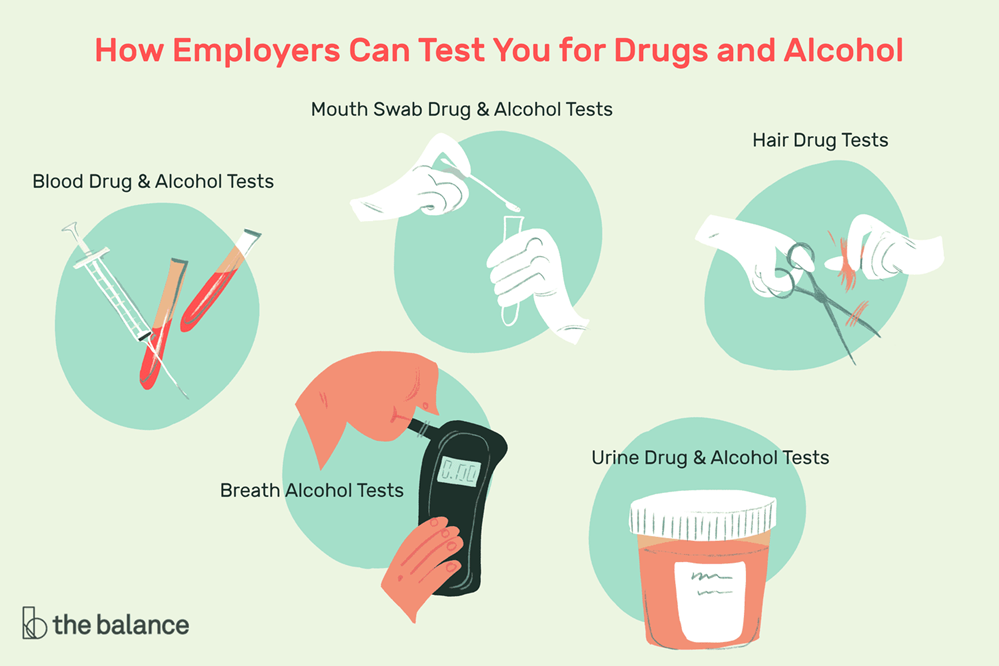An occupational health nurse is attending to a new employee who had an accident at a worksite. Which of the following tasks should the nurse complete as part of the protocol for an employee injury?
Order a new medication.
Initiate safety and audit checks.
Perform a drug test.
Vet the injured worker.
The Correct Answer is C
Choice A: Order a New Medication
Ordering a new medication is not typically the first step in the protocol for an employee injury. The nurse needs to assess the injury and determine the appropriate course of action based on the severity and nature of the injury. Medication may be part of the treatment plan, but it is not the initial step in the injury protocol.
Choice B: Initiate Safety and Audit Checks
Initiating safety and audit checks is an important part of workplace safety management, but it is not the immediate response to an employee injury. These checks are usually conducted to prevent future incidents and ensure compliance with safety regulations. The immediate priority is to address the employee's injury and provide necessary medical care.
Choice C: Perform a Drug Test
This is the correct choice. Performing a drug test is often part of the protocol following a workplace injury, especially in industries where safety is a critical concern. The drug test helps determine if substance use may have contributed to the accident. It is a standard procedure to ensure workplace safety and compliance with regulations.
Choice D: Vet the Injured Worker
Vetting the injured worker is not a standard part of the protocol for handling an employee injury. The focus should be on providing immediate medical care and assessing the injury. Vetting typically refers to a thorough examination or background check, which is not relevant in the context of responding to an injury.

Nursing Test Bank
Naxlex Comprehensive Predictor Exams
Related Questions
Correct Answer is A
Explanation
Choice A: Make a Report to Child Protective Services (CPS)
This is the correct action for the nurse to take. Nurses are mandated reporters, meaning they are legally required to report any suspected cases of child abuse or neglect to the appropriate authorities. Child Protective Services (CPS) is the agency responsible for investigating reports of child abuse and ensuring the safety and well-being of children. Reporting to CPS ensures that the case is handled by professionals trained to investigate and intervene in such situations.
Choice B: Call the Police and Report the Suspected Abuse
While calling the police may seem like a logical step, it is not the primary action a nurse should take in this situation. The police may become involved later in the process, especially if there is an immediate threat to the child's safety. However, the initial report should be made to CPS, as they are the designated agency for handling child abuse cases.
Choice C: Call the Child's Guardian to Have the Child's Pediatrician Confirm the Suspected Abuse
This action is not appropriate because it could potentially place the child in further danger. If the guardian is the abuser, notifying them could lead to retaliation against the child or attempts to cover up the abuse. Additionally, it is not the role of the pediatrician to confirm abuse; this is the responsibility of CPS and law enforcement.
Choice D: Alert the School Principal of the Situation
While it is important to keep school officials informed, the nurse's primary responsibility is to report the suspected abuse to CPS. The school principal can be informed after the report has been made, but the immediate priority is to ensure the child's safety by contacting the appropriate authorities.

Correct Answer is B
Explanation
Choice A Reason:
A social worker consult can provide valuable resources and support for managing the care of a mentally ill parent. Social workers can assist with navigating healthcare systems, accessing community resources, and providing emotional support. However, this referral may not provide the immediate peer support and shared experiences that a support group offers. Social workers are excellent for long-term planning and resource management but may not address the immediate emotional needs as effectively as a support group.
Choice B Reason:
A support group is an ideal first-level support for someone feeling overwhelmed and exhausted from caregiving responsibilities. Support groups offer a space for individuals to share their experiences, receive emotional support, and learn coping strategies from others in similar situations. This peer support can be incredibly validating and comforting, helping the client feel less isolated and more understood. Support groups can provide immediate relief and practical advice, making them a highly effective initial referral.
Choice C Reason:
Referring the client to a psychiatrist is important for addressing any potential mental health issues, such as depression or anxiety, that may arise from the stress of caregiving. Psychiatrists can provide medication management and therapeutic interventions. However, this referral may not offer the immediate peer support and shared experiences that a support group provides. While psychiatric care is crucial, it may be more appropriate as a follow-up referral after addressing the client's immediate need for emotional support.
Choice D Reason:
A life coach can help individuals set goals, develop strategies for personal growth, and improve overall well-being. However, life coaching may not be the most appropriate referral for someone dealing with the specific emotional and practical challenges of caregiving for a mentally ill parent. Life coaches typically focus on personal development and achieving future goals, which may not address the immediate emotional support needs of the client.
Whether you are a student looking to ace your exams or a practicing nurse seeking to enhance your expertise , our nursing education contents will empower you with the confidence and competence to make a difference in the lives of patients and become a respected leader in the healthcare field.
Visit Naxlex, invest in your future and unlock endless possibilities with our unparalleled nursing education contents today
Report Wrong Answer on the Current Question
Do you disagree with the answer? If yes, what is your expected answer? Explain.
Kindly be descriptive with the issue you are facing.
